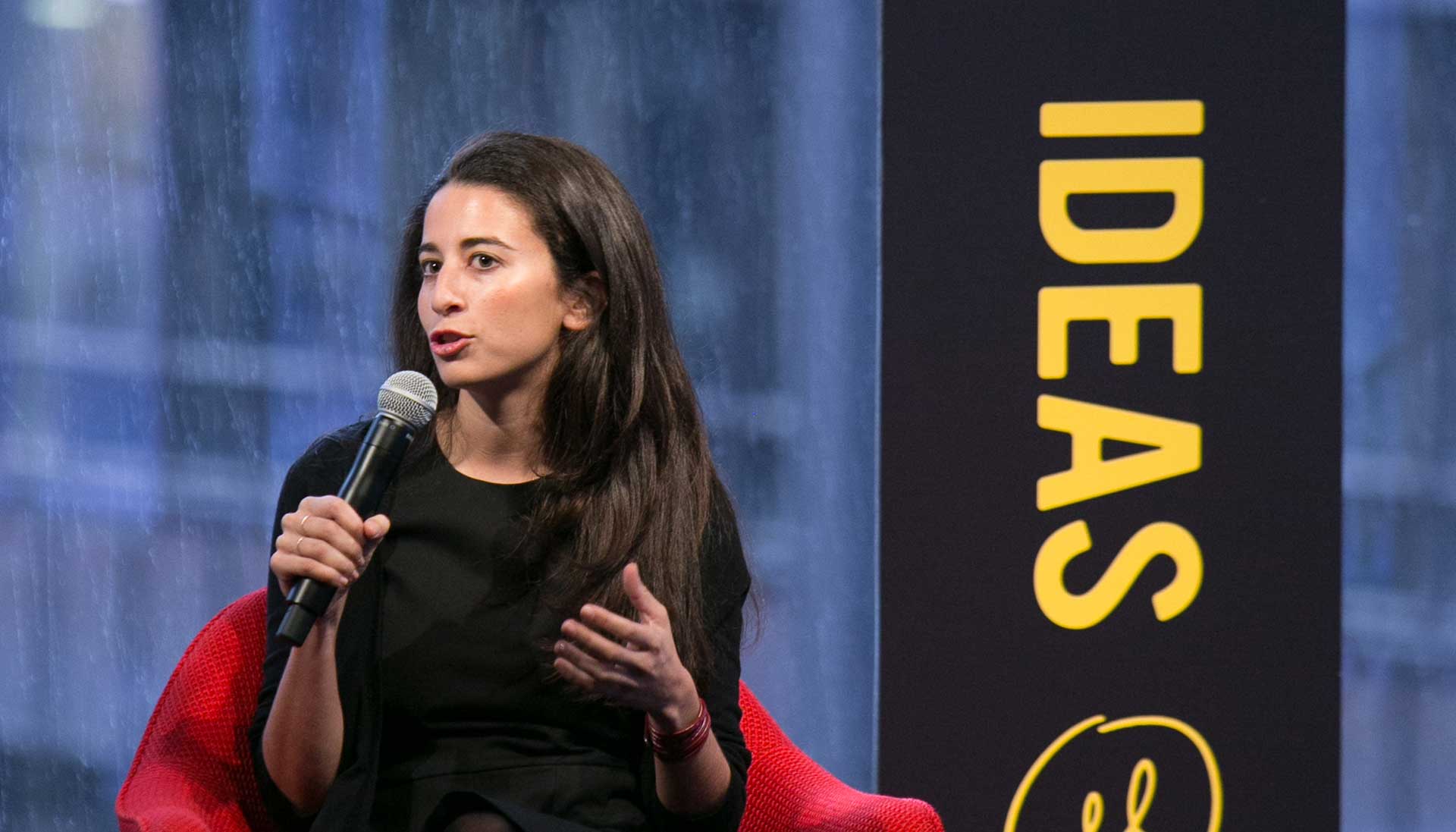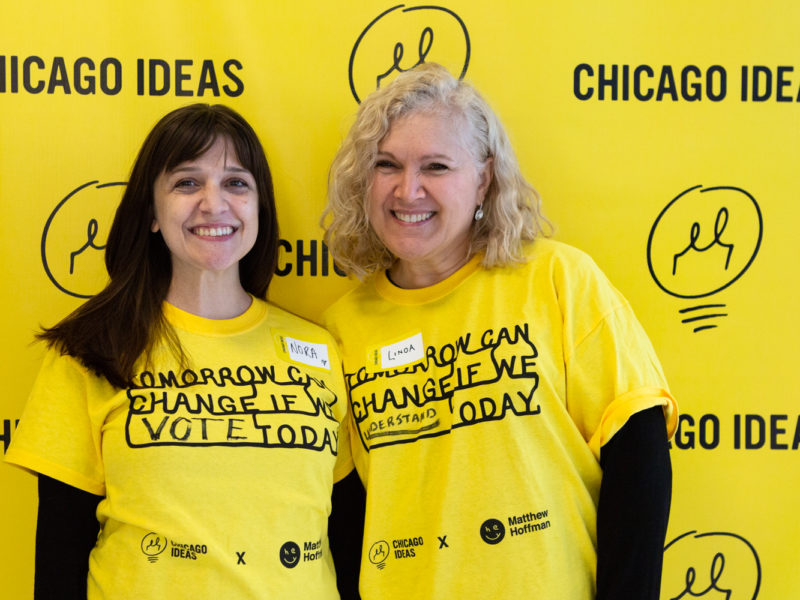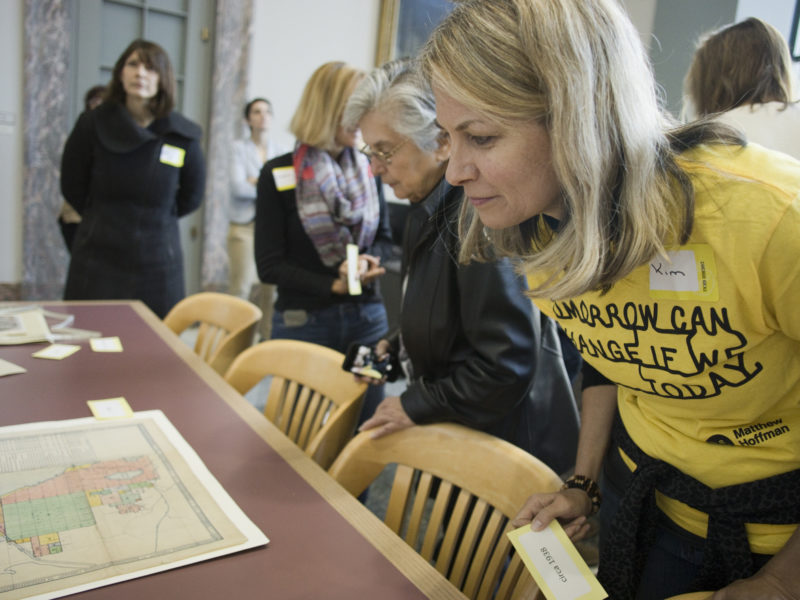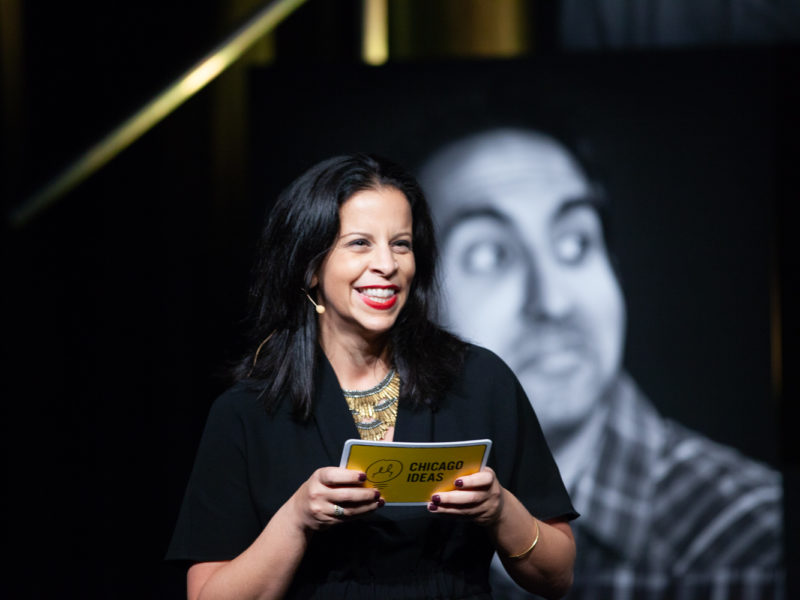
CIW Q&A: Sustain Condoms Co-Founder Meika Hollender
CIW 2014 speaker Meika Hollender didn’t attend business school with the intent of becoming a “condom entrepreneur.” But when her father, Seventh Generation Founder and former CEO Jeffrey Hollender, came to her with an idea for a sustainable condom, Hollender jumped at the chance to collaborate. She quickly added her own twist to the product: Meika suggested Sustain Condoms be marketed to women—an out-of-the-box strategy in an industry dominated by companies like Trojan.

With Sustain Condoms, Meika Hollender is bringing the conversation around women’s health to a pharmacy near you.
Now, the father-daughter duo is focused on bringing a sustainable, Fair Trade product to the market that is not just, as Meika puts it, “less than”— less environmentally harmful, less of a carbon footprint, less potentially economically exploitative. And their “more than” approach has been drawing results, and clients. Launched just last year, Sustain Condoms can be found in select grocery stores and pharmacies, as well as on Amazon and Sustain’s own website, and through social media and other means, Meika and Jeffrey are beginning to bring condoms into the broader reproductive health debate.
This idea, as you explained, started as your father’s, but I imagine that as a young woman, you brought a lot to the collaboration. What sorts of changes did you make as you prepared to launch Sustain Condoms?
As we were starting this, I thought that it needs to be something more than just sustainable condoms. I thought that was a great idea from a product standpoint, but I thought we needed a bigger opportunity. As we thought about creating a brand of condoms for women, that’s when I got a lot more involved.
It’s really unique that you approached this idea with the thought that to be a successful business, you needed to tie it to a social issue. Did this always inform your work? Did it contribute to why you chose to pursue an MBA?
I call it the “Seventh Generation bubble” that I grew up in. I wasn’t exposed to business outside of the most socially responsible and environmentally responsible type of business until graduating from college and working elsewhere. Going back to business school was definitely about feeling dissatisfied…working with Fortune 500 companies. So [I started thinking], How am I going to move the needle and have a positive impact? I didn’t necessarily think I’d be a condom entrepreneur, but it’s a pretty unique opportunity to start a company with somebody who’s so well respected and successful in this space.
Now that you are a “condom entrepreneur,” what is your take on how your business model has succeeded so far?
I think we’ve definitely hit a nerve. I think we’ve definitely figured out a white space in the condom category that is appealing to women. And I think also the time is now. Reproductive health is a hot topic. In general, women’s empowerment is a big issue and topic. It’s great to tap into those larger conversations.
What are some of those larger conversations you’ve tapped into?
My dream and goal is to…start a movement to not only empower women to get on top of their sexual health and understand the benefits and importance of using condoms. I really want to get rid of the stigma around women buying and carrying condoms, and the negative perception guys have of a woman who has condoms in her apartment. I find that not only ridiculous, but dangerous. It’s a dangerous stigma that our society has created. In US Weekly magazine, they always have “What’s in My Bag?” When is one person going to have a condom in their bag and not be totally freaked out about what that’s going to say about them? Those are the types of things that we need to have happen in order to remove the stigma.
You mentioned earlier that reproductive health is a hot topic right now, but condoms often are not a part of that conversation. What are your thoughts on how Sustain Condoms fits into the larger women’s health conversation?
When Hobby Lobby was happening, all of the bloggers ran to write about how birth control is bigger than preventing pregnancy and STDs. It’s about regulating your period and reducing your chance of getting breast cancer. We’re really doing ourselves a disservice here. We’re not defending our rights to have casual sex and enjoy sex. I think it’s dangerous because—I call it the Tinder generation—women are getting more empowered and engaging in casual hook-ups, but the responsibility and safe aspect of that is getting lost, which is tricky.
By only building up one or two forms of birth control and ignoring the rest or putting them in a bad light, it’s again a dangerous exercise. Condoms are the only way to prevent STDs and HIV. We focus so singularly on pregnancy and we ignore the other aspects of sexual health. If you’re not in a monogamous relationship where both partners have been tested, not using condoms is not a good idea.
Why are platforms like CIW important to you and your company?
There are so many aspects to what we’re doing and to the issues that we’re touching. We can’t communicate all of that just by having a product on shelf. Because what I’m trying to do is much bigger than selling condoms—I’m trying to start a movement among women—these types of platforms are critical in talking about these issues and creating awareness.
Q&As are edited for clarity and length.




